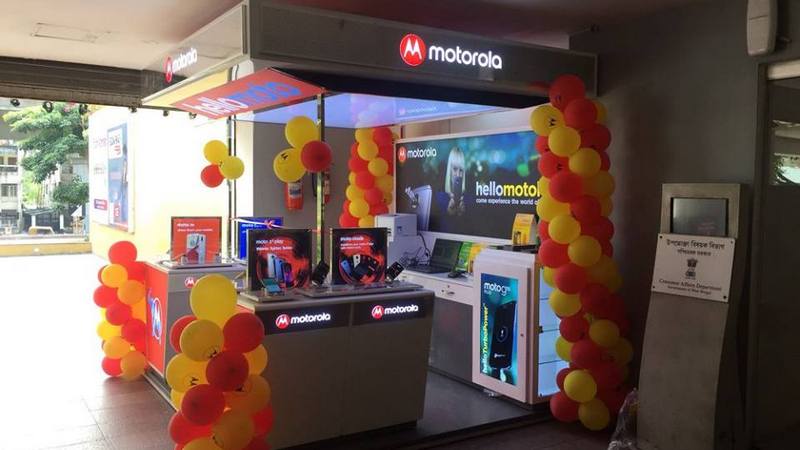Why Game of Thrones Creators Writing Star Wars Might Be a Bad, Bad Idea
Motorola Plans 1,000 Moto Hubs Across 100 Cities in India to Boost Offline Presence

Handset maker Motorola said on Thursday it will set up 1,000 'Moto Hubs' across 100 cities, as the "first milestone" of strengthening offline presence.
The hubs could push revenue from offline channels to 50 percent of total sales over a period of time, Motorola Mobility India Managing Director Sudhin Mathur said.
Motorola, however, did not give a definite timeline on reaching the 1,000 count.
"The next level of growth will come from the offline channel and the company does not want to be left out. The 1,000 hubs are our first milestone," Mathur said.
He said as per industry standards, two-third of sales come from offline channels, "while for us it is just reverse".
"Ideally, I think revenue from offline and e-commerce should be equal," Mathur said.
The company opened 25 'Moto Hubs' in Kolkata on Thursday.
"We are not going for any fixed target (to reach 1,000 'Moto Hubs') but it can be as soon as in the next six months," Mathur, who is also the executive director for Lenovo India, said.
All the hubs will house handsets, along with Motorola accessories like on-ear and in-ear headphones, Moto shells and covers.
Mathur said both Motorola and Lenovo brands were doing well in India with double-digit growth figures.
The eastern region contributes 15 percent of total smartphone retail sales, he added.
For the latest tech news and reviews, follow Gadgets 360 on Twitter, Facebook, and subscribe to our YouTube channel.
Advertisement





